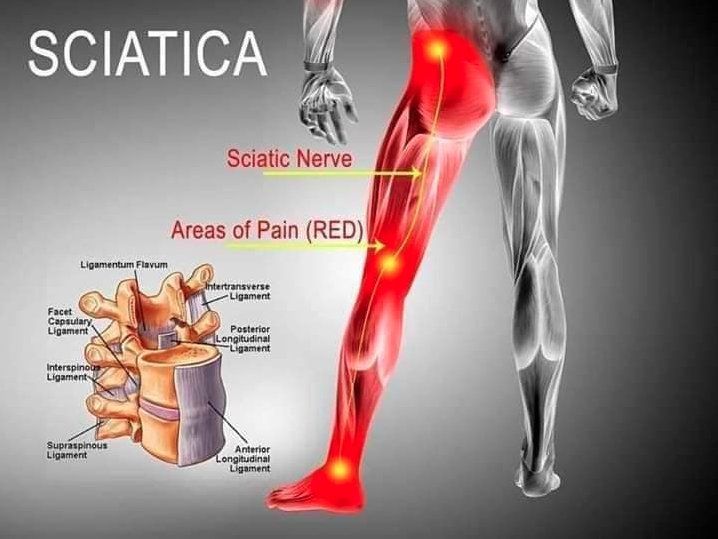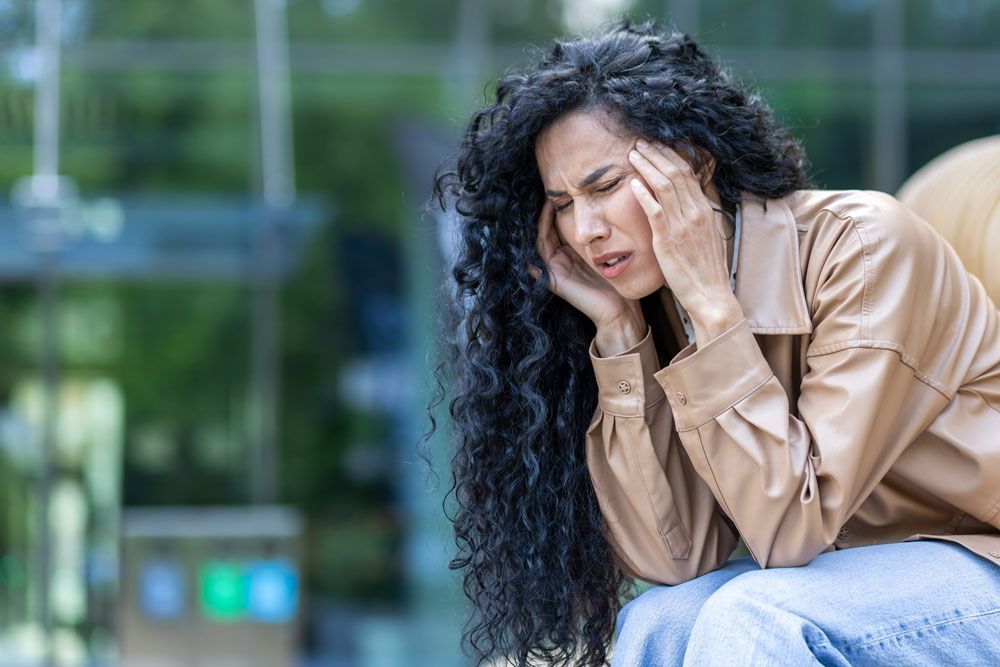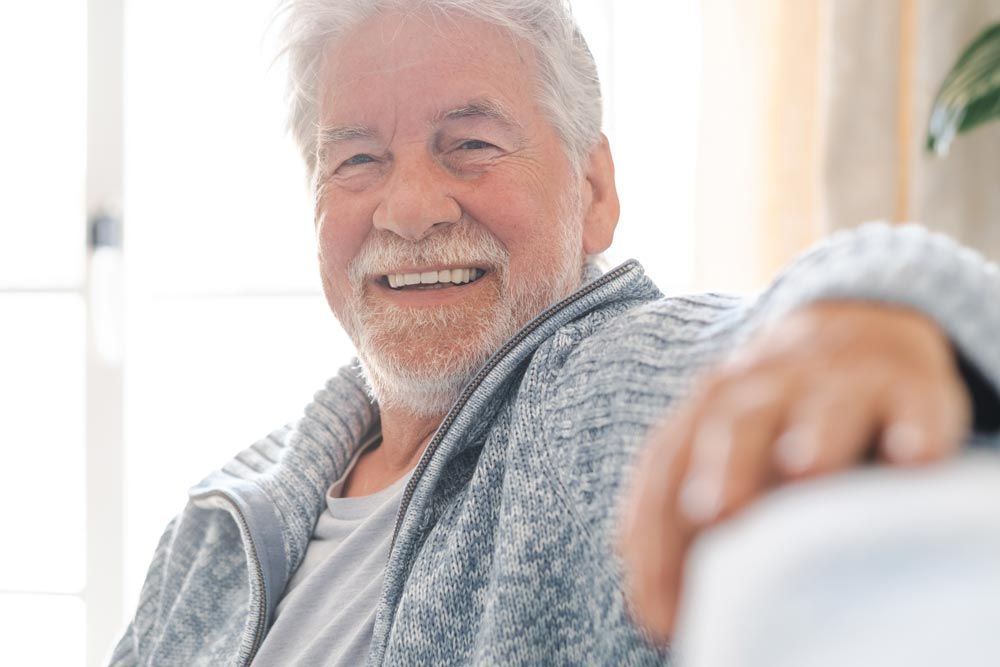The Science Behind Acupuncture: How Needles Can Help Relieve Pain and Boost Healing
Relieve Pain and Promote Healing Through Acupuncture
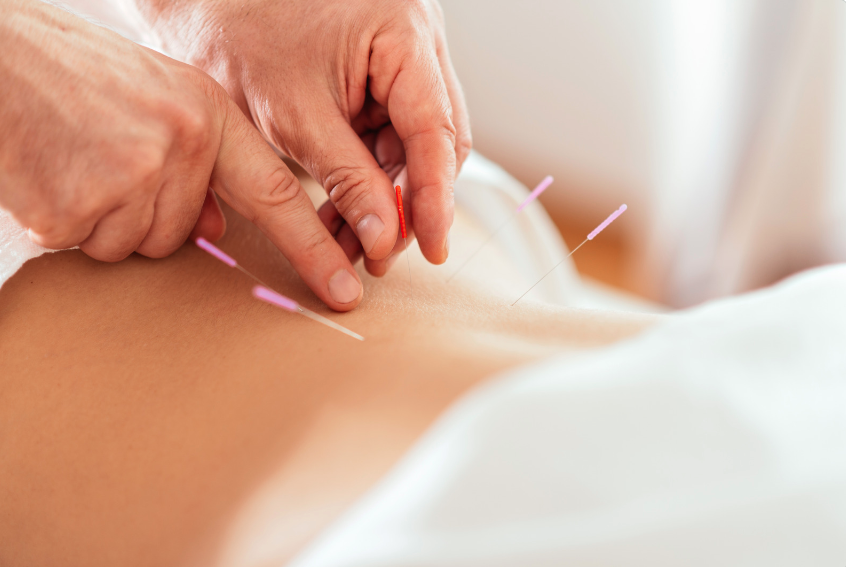
The Science Behind Acupuncture: How Needles Can Help Relieve Pain and Boost Healing
Acupuncture is a traditional Chinese medicine practice that involves the insertion of thin needles into specific points on the body to stimulate the flow of energy, also known as Qi (pronounced "chee"). Acupuncture has been used for thousands of years to treat a variety of ailments, including pain, anxiety, depression, and digestive issues. In recent years, acupuncture has gained popularity as a complementary treatment for pain relief and healing in Western medicine. In this article, we'll explore the science behind acupuncture and how needles can help relieve pain and boost healing.
What is Acupuncture?
Acupuncture is based on the concept of Qi, which is believed to flow through channels or pathways, known as meridians, in the body. According to traditional Chinese medicine, imbalances in the flow of Qi can cause illness or pain. Acupuncture aims to restore the balance of Qi by stimulating specific points on the body along the meridians.
How Does Acupuncture Work?
The exact mechanism of how acupuncture works is still not fully understood. However, several theories have been proposed to explain its effects. One theory suggests that acupuncture stimulates the release of natural painkillers, such as endorphins and serotonin, which can help reduce pain and improve mood. Another theory suggests that acupuncture triggers the release of anti-inflammatory substances, which can help reduce inflammation and promote healing.
Recent studies have also shown that acupuncture can affect the nervous system in several ways. Acupuncture has been found to stimulate the release of neurotransmitters, such as adenosine, which can help reduce pain and improve sleep quality. Acupuncture has also been found to modulate the activity of the autonomic nervous system, which can help regulate the body's response to stress and promote relaxation.
What Conditions Can Acupuncture Treat?
Acupuncture has been shown to be effective in treating a variety of conditions, including:
- Chronic Pain - Acupuncture has been found to be effective in reducing chronic pain, such as back pain, neck pain, and osteoarthritis.
- Headaches and Migraines - Acupuncture has been found to be effective in reducing the frequency and severity of headaches and migraines.
- Anxiety and Depression - Acupuncture has been found to be effective in reducing symptoms of anxiety and depression.
- Digestive Issues - Acupuncture has been found to be effective in treating digestive issues, such as irritable bowel syndrome (IBS) and nausea.
- Infertility - Acupuncture has been found to be effective in improving fertility by reducing stress and promoting relaxation.
- Insomnia - Acupuncture has been found to be effective in improving sleep quality and duration.
What to Expect During an Acupuncture Session
During an acupuncture session, a licensed practitioner will examine your medical history, current symptoms, and overall health to determine the best course of treatment. They will then insert thin, sterile needles into specific points on your body, which may include your ears, hands, feet, or back. The needles are left in place for about 20 to 30 minutes, and you may feel a slight tingling or warmth sensation during the treatment. Acupuncture is a safe and non-invasive treatment that can provide significant pain relief and healing benefits. However, it's essential to choose a licensed and experienced practitioner to ensure the best results.
In conclusion, acupuncture is a highly beneficial traditional Chinese medicine practice that has been utilized for thousands of years to alleviate an array of health concerns such as pain, anxiety, depression, and digestive issues. Recent research indicates that acupuncture can influence the nervous system in numerous ways, such as promoting the release of natural painkillers and anti-inflammatory substances and regulating the autonomic nervous system. Studies have also demonstrated that acupuncture is an effective form of treatment for chronic pain, headaches, anxiety, depression, and digestive issues. Overall, acupuncture provides a safe and non-invasive alternative for individuals seeking pain relief and healing benefits. It is important to seek a licensed and experienced practitioner for the best results.
Omaha Chiropractors and Acupuncture
